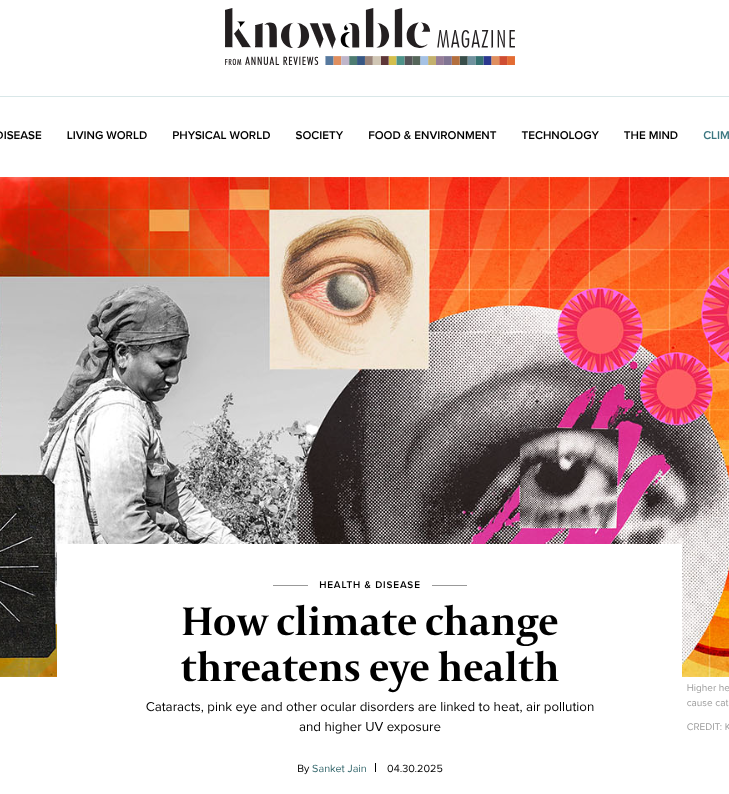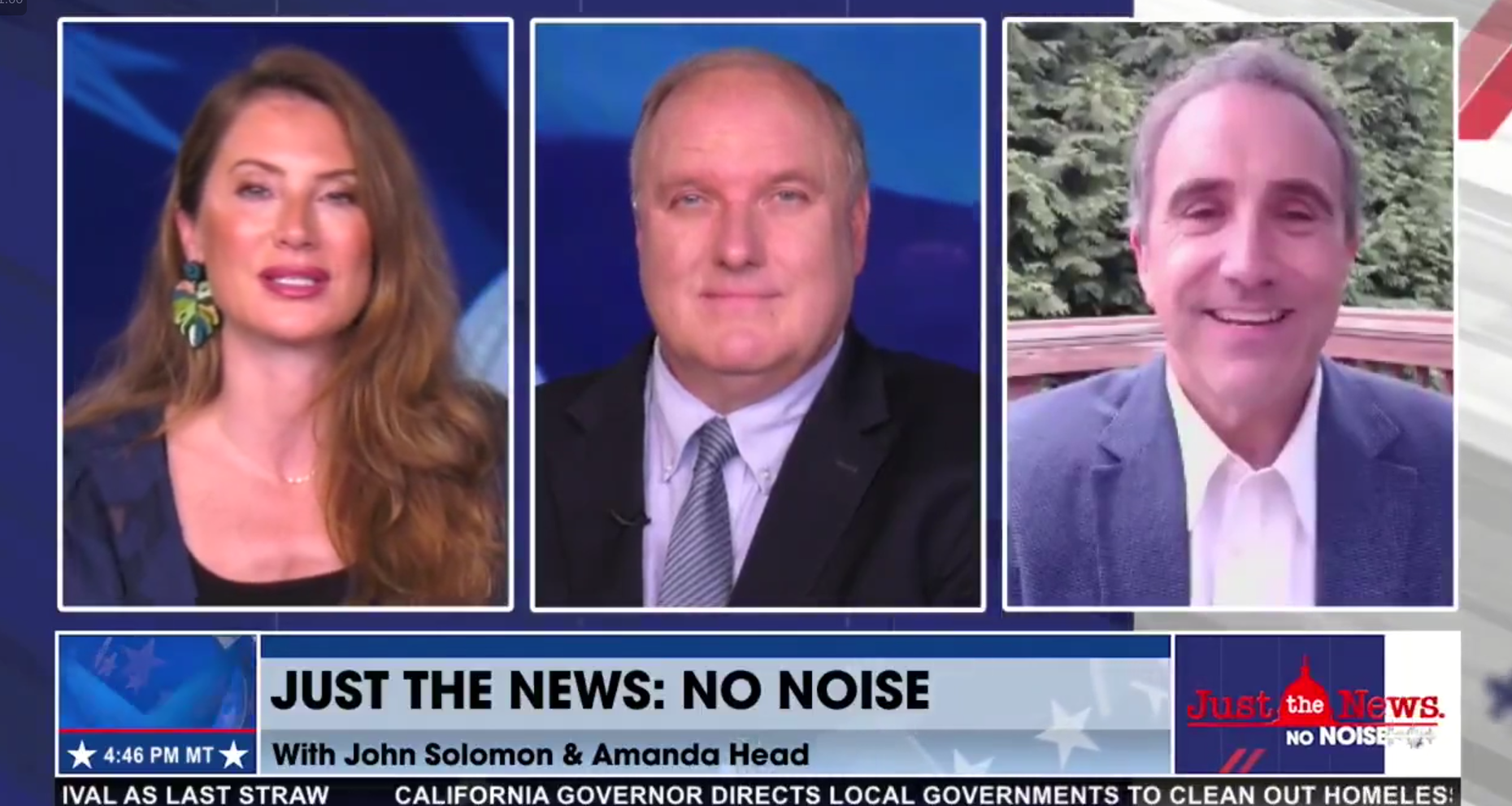https://quadrant.org.au/opinion/doomed-planet/2022/10/the-very-model-of-a-modern-climateer/
By Tony Thomas
Australia’s veteran climate alarmists clank with more medals and awards than a North Korean general. The rising star Dr. Joelle Gergis of the ANU is doing well too, with one gong just for feeding the media chooks.
Canadian sceptics spotted a howler in her big 2012 research paper ($314,000 ARC taxpayer funding) and she had to spend a further four years correcting her material (another $352,000 ARC funding).[1] I assume that’s what she refers to as “a few very difficult years spent battling attacks on my work from climate change deniers.” [2] Stephen McIntyre, of Climate Audit, recounts the entire reaction affair here.
Ms Gergis now writes book-length polemics about the allegedly monstrous CO2 emissions. The first was Sunburnt Country (2018) which claims global warming was fuelling Australian bushfires. For those readers interested in the real reason Australia burns, I’d recommend Inferno by Quadrant Online’s editor, plus essays published here by forester and polymath Roger Underwood and others.
Ms Gergis new book, out last month, is Humanity’s Moment: a climate scientist’s case for hope. In it she catches up with the Australian floods, which she also attributes to global warming.[3] By the way, she’s not only an IPCC lead author (2018-21) but on Tim Flannery’s Climate Council, which dubs every fire, storm, drought and flood to be proof of deadly global warming. End-of-the-world Christian fundamentalism has nothing on her new book’s forecasts of an inescapable climate Armageddon unless we junk fossil fuels “immediately”. That’s right, immediately, she says (p253). Back to the caves, families!
The real villain in the Gergis climate crusade is, of course, capitalism. The IPCC lead author laments that aggressive, self-serving forces of capitalism have “dominated Western social and economic values for far too long” (119). She quotes approvingly the deranged UK Guardian writer George Monbiot and his insight, ‘Capitalism is killing the planet’ (231) and further claims there is a perfect nexus between “colonialism, capitalism and environmental degradation” (278). It must be that no-one has told her about the state-sponsored environmental barbarities in the Soviet Union and its colonies so she rants like a Marxist undergraduate:
The world’s dominant economic model is capitalism, which rests on the exploitation of the planet’s natural resources and the poor for corporate profit, often with scant regard for the collective good or the wisdom of First Nations peoples. Since the end of World War II, capitalism has turned humans into consumers and the Earth into a giant quarry to generate wealth for people to live comfortable lifestyles, predominantly in rich nations. (178)
Actually capitalism has brought unparalleled human health and longevity.
You might detect a whiff of autocracy in Ms Gergis view of the world. “How can young people establish trust in the very institutions that allow perpetrators of intergenerational damage to roam free?” she asks (183). Sceptics, prepare to pack your toothbrush for a spell in porridge, you’ve roamed free for quite long enough.
“We need to have important conversations about what we will and won’t tolerate as a society,” Ms Gergis writes (245), deploring “a dangerous distrust of science” (230) i.e. distrust of her tribe’s jihad against coal and oil. Any promotion of right-of-centre views is apparently anti-democratic: “As we start to see democracy being undermined around the world, we don’t have the luxury of being apolitical” (244). Our “social and political systems” must be transformed, to (Writing-and-Editing Diploma Metaphor Alert) “correct our course and steer humanity out of the treacherous seas of greed and apathy, back to the safe shores of sanity and wisdom” (233).
A scale for a book’s nuttiness is its Murdoch Derangement Syndrome. Gergis whines Murdoch’s Australian newspaper and Sky News “continue to give platforms to outrageous climate change sceptics who have profoundly shaped the public debate, resulting in ruinous political inaction” (235).
She quotes ex-Liberal PM Malcom Turnbull (my emphasis below) about Murdoch’s media
surpassing the influence of the country’s two main political parties – which [Murdoch media] he says now poses a real threat to Australian democracy…The Murdoch-owned media have been similarly destructive in the United States, where serious damage has been done to democracy through relentless climate change denialism and other far-right political extremism aired by outlets like Fox News” (236).
Recalcitrant Rupert has refused to treat climate change as “scientific reality” (she actually means treating apocalyptic sooth-saying as “scientific reality”). Instead he allegedly weaponises coverage to please fossil-fuel shills and “morally challenged fake experts” (236). She deplores Murdoch giving any coverage to sceptic views, hence sowing public confusion and deeply dividing opinions on climate change (236). Murdoch sadly ignores that “we [the UN and other alarmists] own the science” by organising with Google to enforce the hegemony.
Well down her own garden path, Gergis says, “If left unchecked, weeds of misinformation will choke the growth of the grassroots movement needed to mobilise people to act.” She claims,
The same way the vast majority of us would call out racism or misogyny, we need to become someone who can’t walk past the lies and misinformation that continue to delay our collective response to the climate crisis. We can choose to be part of a tireless force for change that fights for truth, sanity and basic human decency to prevail (239)
Brava, Joelle!
For hyper-ventilating, you can’t beat her Great Barrier Reef doomism. A small problem: coral reef cover on the Reef is now at record extent. Her Sunburnt Country book asserted the Great Barrier Reef was 50 per cent dead in 2017-18. As she told The Monthly (August 2019),
We are witnessing catastrophic ecosystem collapse of the largest living organism on the planet…As I share this horrifying information with audiences around the country, I often pause to allow people to try and really take that information in.
In her new Humanity book, she’s at it again. Since 2016 the Reef has been “utterly devastated by climate change”, she claims (133). “Is it possible to witness the death of the Great Barrier Reef – the largest living organism on the planet – and not feel wild with desperation at the thought of it all?” (20).
In late March 2020, … Professor Terry Hughes, one of the world’s leading [and multi-awarded] experts on coral reefs and our foremost authority on the Great Barrier Reef, rushed to conduct an aerial survey of the third mass bleaching event to strike the reef since 2016. It was the first time that severe bleaching impacted virtually the entire reef, including large parts of the southern reef that had been spared during bleaching events in 2016 and 2017. It was hard to hide from the reality that the entire system is in an advanced state of ecological collapse. In desperation, Terry took to Twitter, sharing his experience of surveying the carnage: ‘It’s been a shitty, exhausting day on the #GreatBarrierReef. I feel like an art lover wandering through the Louvre . . . as it burns to the ground.’ By the end of his fieldwork he was a broken man: ‘I’m not sure I have the fortitude to do this again.’ His results now reveal that just 1.7 per cent of the world’s largest coral reef has escaped mass bleaching since 1998 … It is clear that the largest living organism on the planet is in terminal decline. It’s truly the stuff of nightmares” (133-4).
Did I mention that coral extent has risen to a record level?



